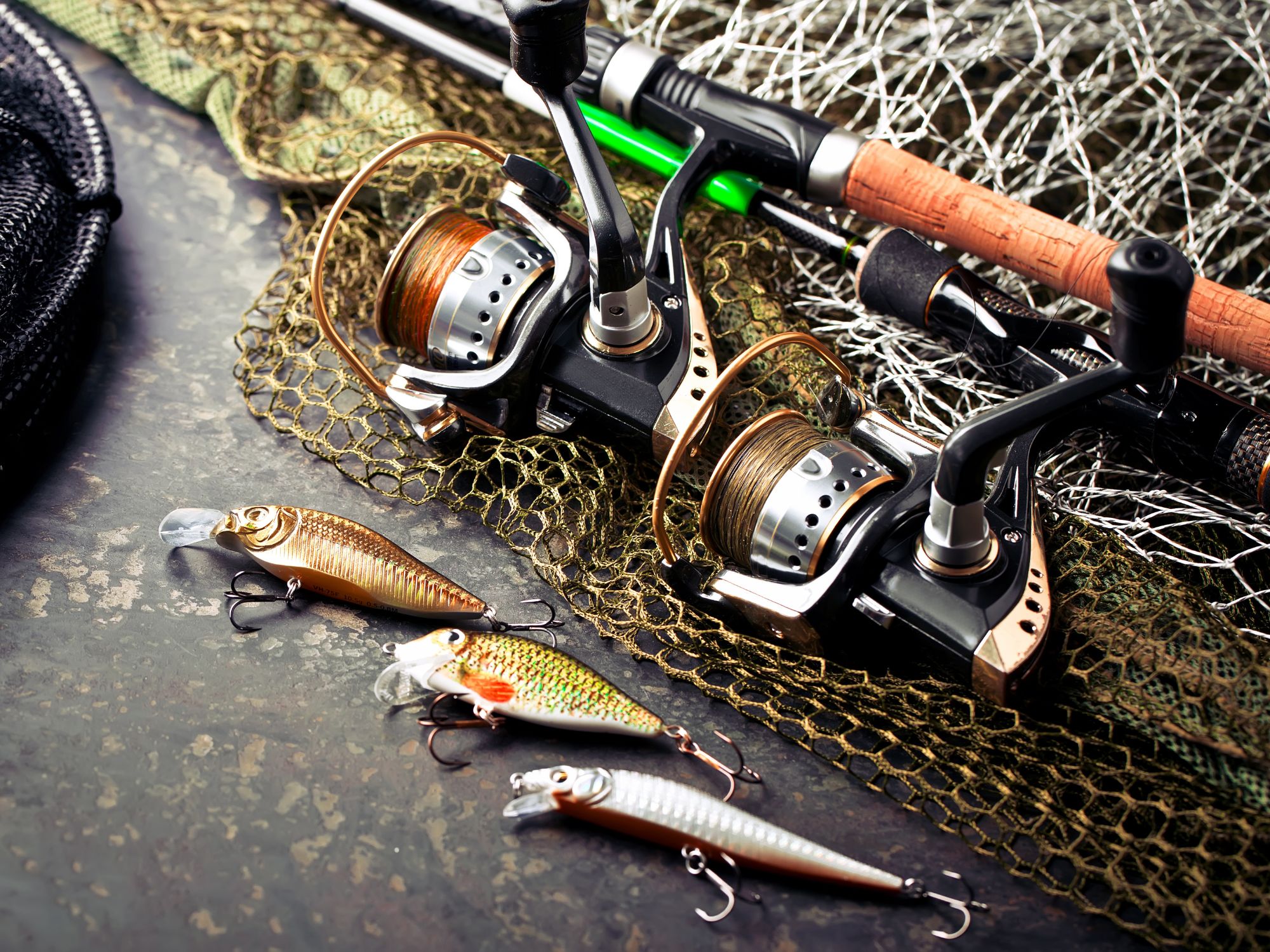Fishing is an activity that is as much about patience and strategy as it is about the thrill of the catch. But when nature’s elements come into play, particularly lightning, it introduces unpredictability that can affect your fishing game in many ways. Understand how lightning affects fishing ventures to guarantee safer and more enjoyable fishing excursions.
Safety First
A leisurely afternoon can swiftly become perilous with the presence of a thunderstorm. Water conducts electricity, and since fishing often involves being in or near water, anglers are at increased risk during thunderstorms. The smart move here is to cease fishing at the first sign of a storm, seeking shelter away from trees and other tall objects. When lightning and thunder beckons, the priority shifts from making a great catch to ensuring personal safety.
Fish Behavior
Fish behavior can change drastically with the weather, and lightning storms are no exception. When barometric pressure drops, the water can become both oxygenated and agitated, affecting fishes’ predatory instincts. Some species may become more active, while others may retreat to the depths.
Lethal Heat and Shock
One of the many little-known facts about lightning is that a strike can harm marine life. The sheer heat and shock a lightning strike produces can be lethal to fish in a body of water. When lightning strikes the surface, the electrical discharge can instantaneously raise the water temperature, causing thermal shock to the fish. The rapid increase in water temperatures can be particularly detrimental to cold-blooded creatures that cannot quickly adjust their body temperature.
Additionally, lightning’s electrical discharge can stun or outright kill fish, especially those nearest the strike. Fish located within this zone of electricity dispersion can succumb to the intense current, leading to significant mortality rates after a severe electrical storm.
When the Storm Passes
After a storm clears, the aftereffects can linger in the fishing environment. Depending on the season and location, a post-storm period might cool down water temperatures, increasing fish activity and providing a prime opportunity for anglers to make significant catches. However, fishing should only resume once it’s completely safe, without any risk of lightning reigniting.
Lightning can affect your fishing game profoundly, influencing safety and your potential catches. As with any other outdoor sport, you need to understand the power of nature while fishing to ensure your safety and enjoyment. Make the most of your time outside, and keep a lookout for lightning.
Texas Outdoors
Latest posts by Texas Outdoors (see all)
- What To Consider When Staying at Your First RV Campground – June 18, 2025
- A Quick Guide for the Different Off-Road Trail Ratings – June 11, 2025
- Common Grazing Plants Found in Forage Diets – June 9, 2025

Leave a Reply